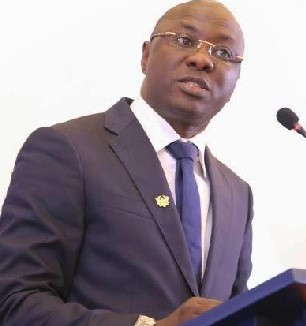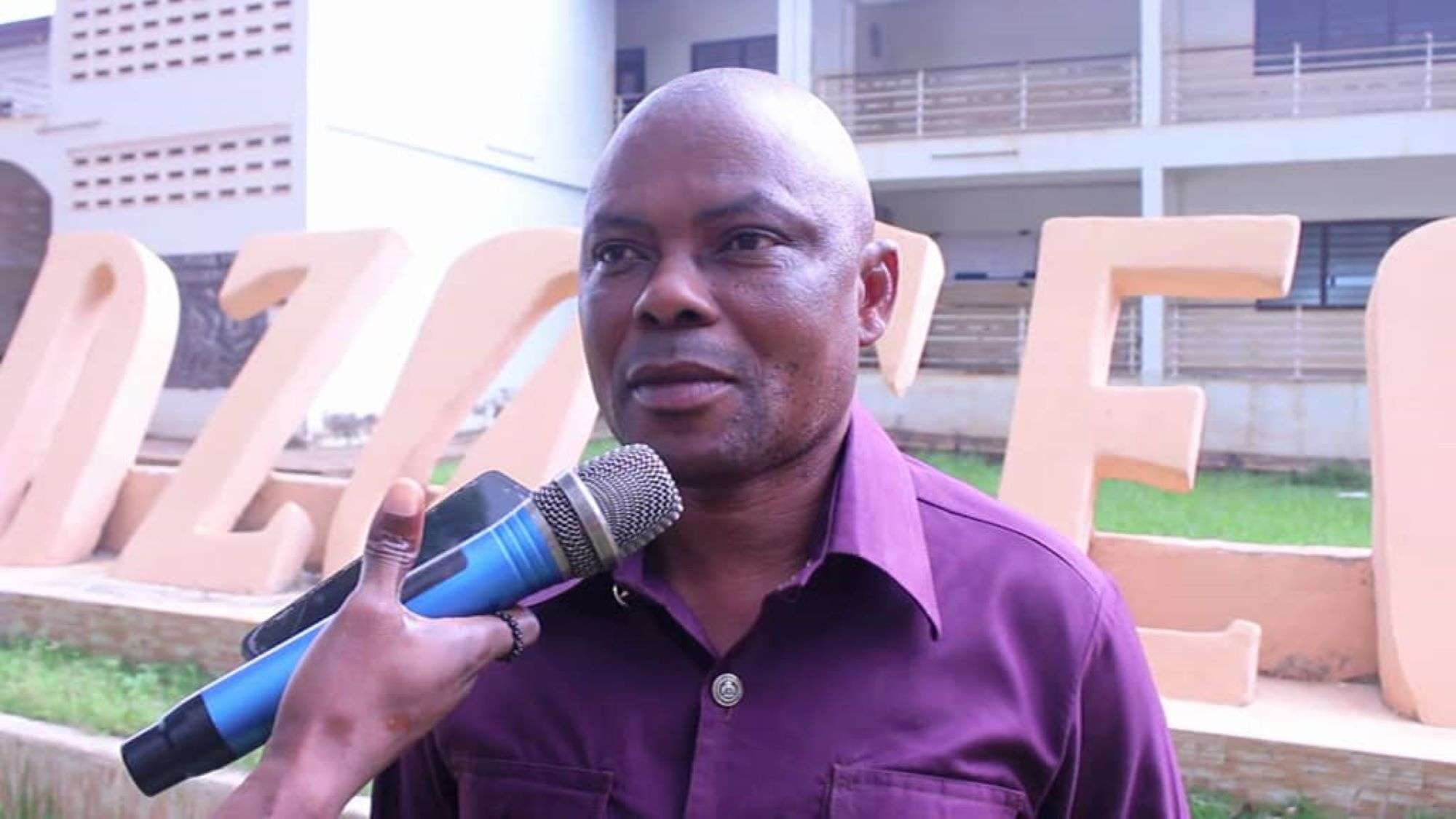Former Minister for Finance and Ranking Member on the Finance Committee of Parliament, Dr Mohammed Amin Adam, has criticised the reintroduction of the Special Import Levy, describing it as a betrayal of the trust of Ghanaians.
Ahead of the 2024 general election, the National Democratic Congress (NDC) and its flagbearer John Dramani Mahama promised to scrap the special import level to ease financial pressure on spare parts dealers and other Ghanaian businesses.
However, the governing NDC has reneged on this pledge.
Speaking in Parliament, during the approval of the estimates of the 2025 budget statement, he expressed deep disappointment in the Finance Minister’s decision to reinstate the levy.
According to him, such a move places an unnecessary burden on businesses and ordinary citizens at a time when the economy is already struggling.
“This government promised to alleviate the financial pressure on Ghanaians, yet here we are with a tax policy that does the exact opposite,” Dr Amin Adam stated.
He argued that the reintroduction of the levy contradicts the government’s previous assurances that it would seek alternative revenue sources rather than impose more taxes.
Dr. Amin Adam who is also the Member of Parliament (MP) for Karaga added that businesses, especially importers, would bear the brunt of this policy, leading to increased prices of goods and further economic hardship.
Dr Amin Adam further accused the Finance Minister of failing to uphold transparency in fiscal management, pointing out that there was no broad stakeholder consultation before the decision was made.
“It is unacceptable that such a critical policy change is being forced through without the necessary engagement with industry players and economic experts,” he said.
The Finance Minister, however, defended the reintroduction of the levy, arguing that it was necessary to stabilise revenue inflows and support critical government programmes.
He assured that measures would be put in place to cushion vulnerable groups from its impact.
Despite this, Dr Amin Adam remained unconvinced, urging his fellow legislators to reject the policy in the interest of economic fairness and sustainability.










